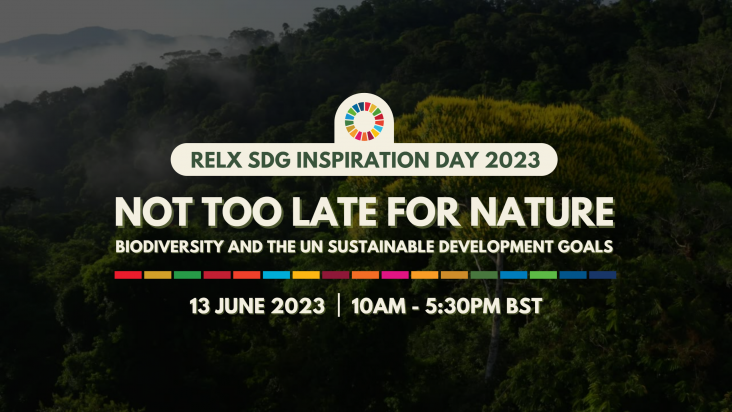This chapter aligns with SDG Goal 5: Gender equality and Goal 13: Climate action by discussing how effective implementation of a green economy can empower women to adapt to climate change.
This chapter advances UN SDG goals 11, 13, and 9 by examining how cities can transform in the face of climate change and socio-ecological crises to become more sustainable and resilient.
This chapter advances Goals 11 and 3 by discussing how a clean and pollution-free environment is a fundamental right protected under the Constitution of India, therefore India requires adopting legal provisions regarding sustainability and prevention measures for the improvement of the environment. The chapter shows how blockchain technology, combined with artificial intelligence (AI), machine learning (ML) systems, and IoT for a green policing approach, can help to prevent green crime in order to preserve green justice, law, and order in India.
This chapter aligns with Goal 11: Sustainable cities and communities by adressing methods and regulations for reducing pollution, waste management, traffic, resource utilization, and energy consumption, as well as assuring public safety, a good standard of life, environmental sustainability, and cost management.
This study investigates three Mediterranean coastal lagoons to study harmful algae and pathogens on plastic debris.

Register today for the ninth RELX SDG Inspiration Day - a free, online event for thought leaders, corporate representatives, students, investors, government and NGOs to explore issues, gain practical insights and be inspired to take action in support of the UN Sustainable Development Goals.
This review will spur more investigations on microplastic ingestion in historical specimens to establish reference points and determine temporal trends for microplastic pollution of the environment.
This study is a long-term monitoring study in which inter-seasonal relations are established. Thus, the spread of MP pollution in the region during the year was provided by an important bio-indicator.
This study provides significant information on the occurrence and composition of MPs in the Tampico beach, in addition, we compared the abundance of MPs of this study with similar studies from different parts of the world.

Earth Day is celebrated annually on April 22nd every year to demonstrate support for environmental protection. The theme for Earth day 2023 is Invest In Our Planet. Elsevier is proud to highlight these freely accessible book chapters and journal articles in honour of this event.
